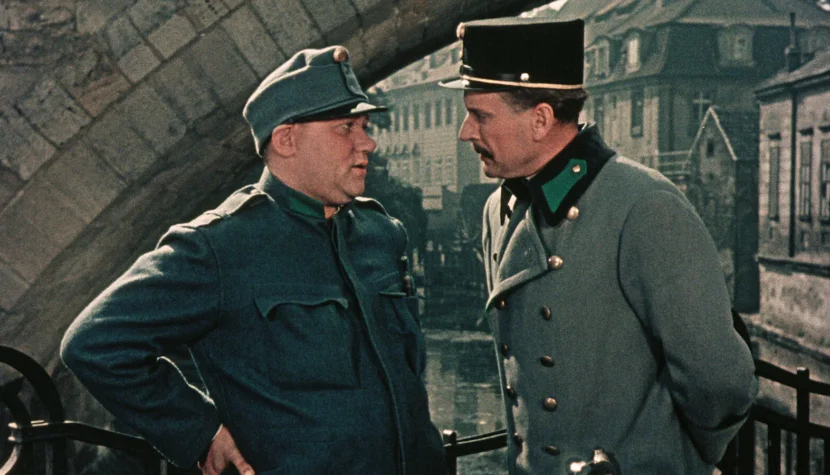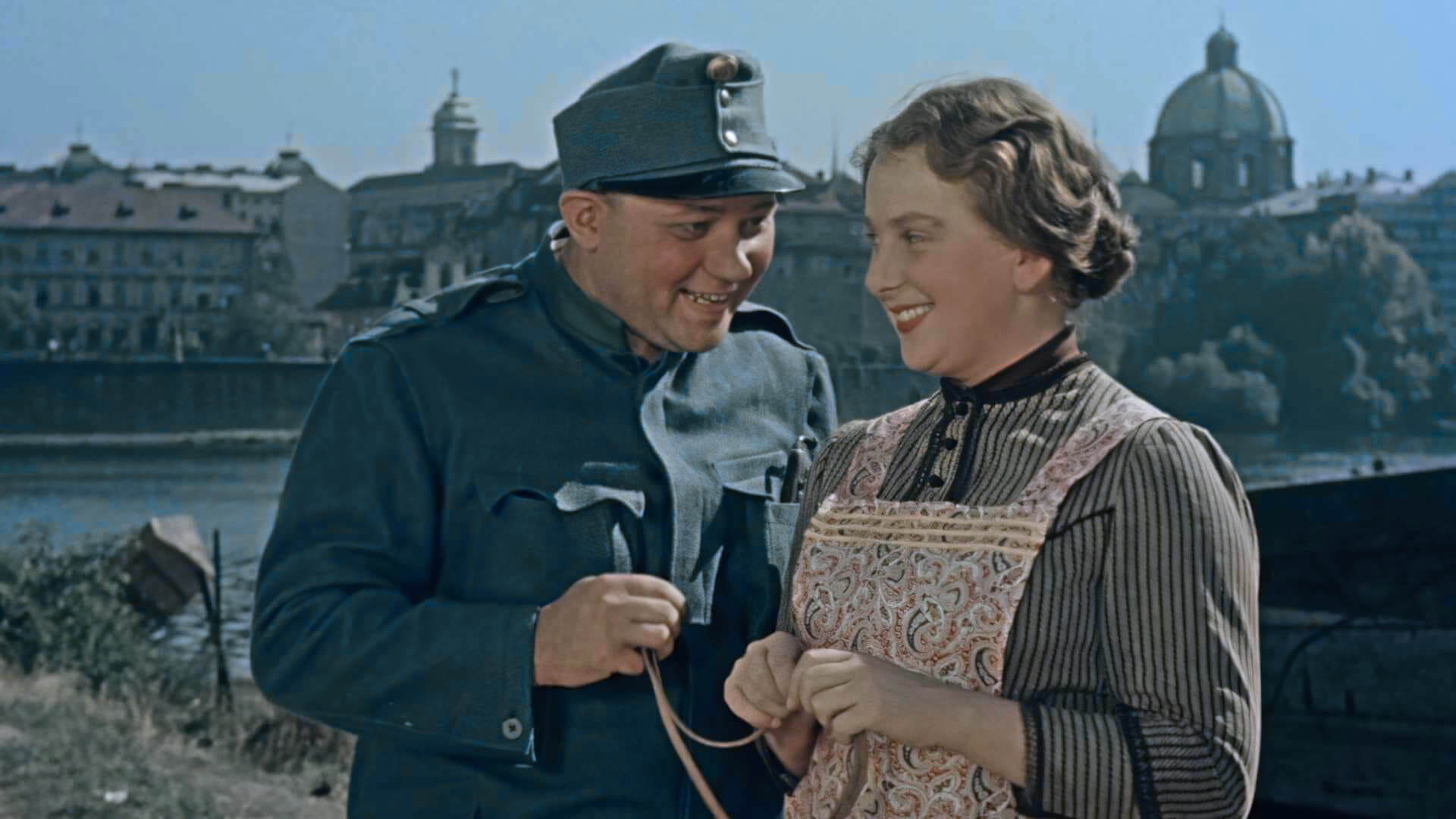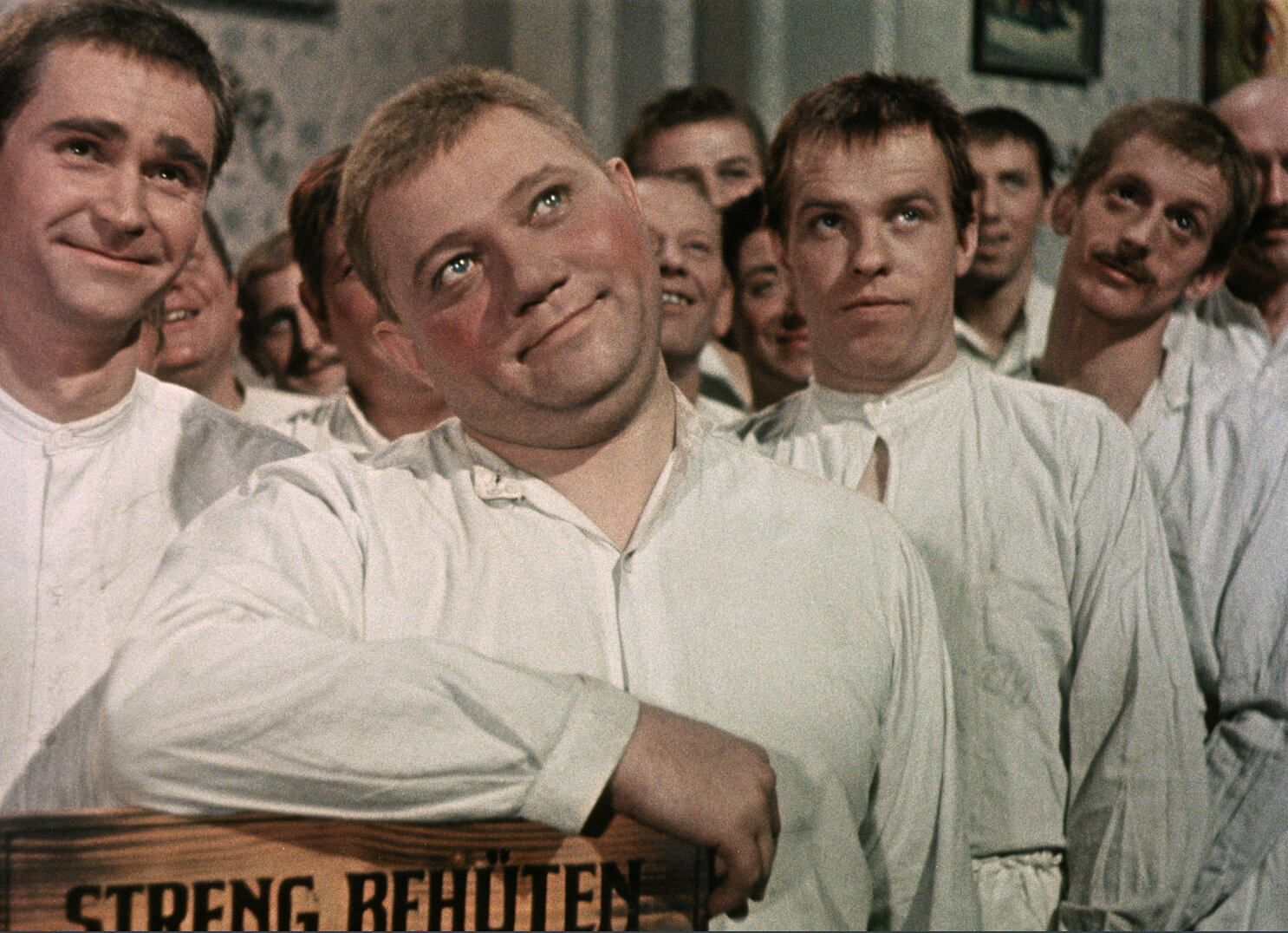The Good Soldier Švejk. The anti-war message and plot filled with mockery

Jaroslav Hašek managed to publish three out of four volumes of “The Good Soldier Švejk During the World War” before his death. The lack of a conclusion did not prevent the book from becoming one of the most famous Czech novels. It is well-deserved, as it serves as an excellent anti-war satire on the Austro-Hungarian monarchy. Both the character of Josef Švejk and the essence of the work have not lost their relevance, as it is primarily a story about people placed in an extreme situation – being thrown into the gears of the war machine.
Švejk appeared years before the novel as the protagonist of short, humorous stories. Hašek revisited the character and published “The Good Soldier Švejk in Captivity,” focusing on mocking the monarchy in a somewhat more direct way, without censorship constraints. The final version of the work was released in 1923, quickly gaining popularity among readers despite initial skepticism from critics. Eventually, they recognized the author’s genius, and today, Švejk’s place in the pantheon of not only Czech but also world literature is unquestioned. An asteroid was even named in his honor!

Cinema quickly embraced the character, with the silent film “The Good Soldier Švejk” directed by Karel Lamač released in 1926. Over the years, numerous adaptations were created in different countries. Švejk appeared on theater stages and in animated films, such as the puppet version in 1955 by Jiří Trnka. In Polish TV productions, Jerzy Stuhr portrayed Švejk. However, the most popular and considered canonical is Karel Stekly’s diptych: “The Good Soldier Švejk” (1957) and “I Report with the Obedience That I Am Back Again!” (1958).
The plot closely follows the novel, beginning in 1914 when Švejk engages in a discussion with a police agent, leading him to arrest, then a mental institution, and finally the army. Everything is laced with sarcastic irony. Rudolf Hrušínský played the main character so well that, even today, when thinking of Švejk, many picture the actor’s smiling, plump face.
The character, in both the novel and the film, never loses his sense of humor, always has a kind word for everyone, and entertains those around him with countless anecdotes. Hašek based the characters on his acquaintances and people he actually met, resulting in numerous letters from amused or disgruntled readers. Švejk, with his pipe and excessive politeness, especially towards superiors, makes everyone think of him as a fool. However, the director, actor (and earlier, Hašek) cleverly created the character, revealing an entirely different undertone in the actions and words of the protagonist. He is, in reality, a devilishly intelligent man who quickly understood that he stood no chance against the heartless military machine and the rigid representatives of the Austro-Hungarian monarchy. The only way to preserve his sanity was to play the role of a complete fool before the world. And with just one look, Hrušínský convinces the viewer that Švejk has more gray cells than all his adversaries combined.

The plot is filled with mockery, reinforcing the anti-war message. The successive superiors of the character are flawed, self-absorbed egoists, and Švejk exposes their weaknesses. Thanks to this, the novel and the film will always be relevant because human nature does not change. So, the next time someone annoys you, remember the character of the Good Soldier Švejk and approach the matter with humor. After all, what else is left for us?

